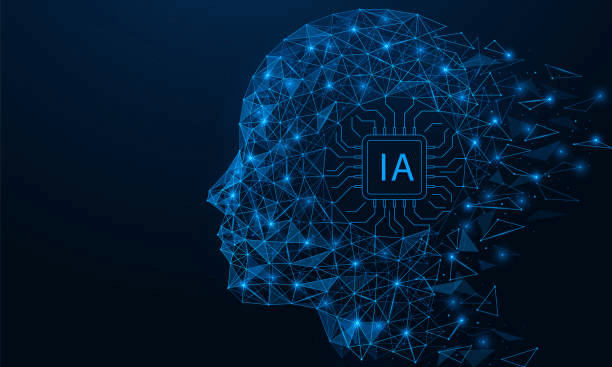Introduction: Artificial Intelligence (AI) stands at the forefront of technological innovation, reshaping the way we live, work, and interact with the world. It represents a branch of computer science that seeks to create intelligent machines capable of simulating human-like cognitive functions. From virtual assistants to advanced machine learning algorithms, AI has become an integral part of our daily lives.
Evolution of AI: The concept of AI has been around for decades, with its roots traced back to the mid-20th century. Over the years, AI has evolved from rule-based systems to more sophisticated models powered by neural networks and deep learning. The continuous advancements in computing power and the availability of vast datasets have fueled AI’s rapid development.
Types of AI: AI is categorized into two main types: Narrow AI (or Weak AI) and General AI (or Strong AI). Narrow AI is designed to perform specific tasks, such as facial recognition or language translation, while General AI aims to exhibit human-like intelligence across a wide range of activities. While Narrow AI is prevalent in today’s applications, achieving General AI remains a complex and ongoing challenge.
Applications of AI: The applications of AI are diverse and impactful. In healthcare, AI aids in diagnostics and treatment planning. In finance, AI powers algorithmic trading and fraud detection. In transportation, AI contributes to the development of autonomous vehicles. From recommendation systems to personalized marketing, AI plays a crucial role in enhancing efficiency and decision-making across various industries.
Ethical Considerations: As AI becomes more pervasive, ethical considerations come to the forefront. Issues such as bias in algorithms, data privacy concerns, and the potential for job displacement raise important questions. Striking a balance between innovation and responsible AI development is crucial to address these ethical challenges and ensure that AI benefits society as a whole.
Challenges and Risks: Despite its promise, AI is not without challenges and risks. The lack of transparency in certain AI models, the potential for unintended consequences, and the ethical dilemmas associated with autonomous systems are areas that demand careful consideration. Ongoing research and the establishment of ethical guidelines are essential to navigate these challenges and mitigate risks.
The Future of AI: The future of AI holds exciting possibilities and challenges. Continued research in areas like quantum computing, natural language processing, and explainable AI is expected to push the boundaries of what AI can achieve. Collaboration between researchers, policymakers, and industry stakeholders will be essential to shape a future where AI enhances human capabilities while respecting ethical principles.
Conclusion: Artificial Intelligence is a transformative force that has the potential to revolutionize how we approach problems and harness the power of technology. As we embrace the opportunities AI presents, it is imperative to address ethical considerations, mitigate risks, and foster a collaborative and responsible approach to its development. In doing so, we can unlock the full potential of AI for the betterment of society.



